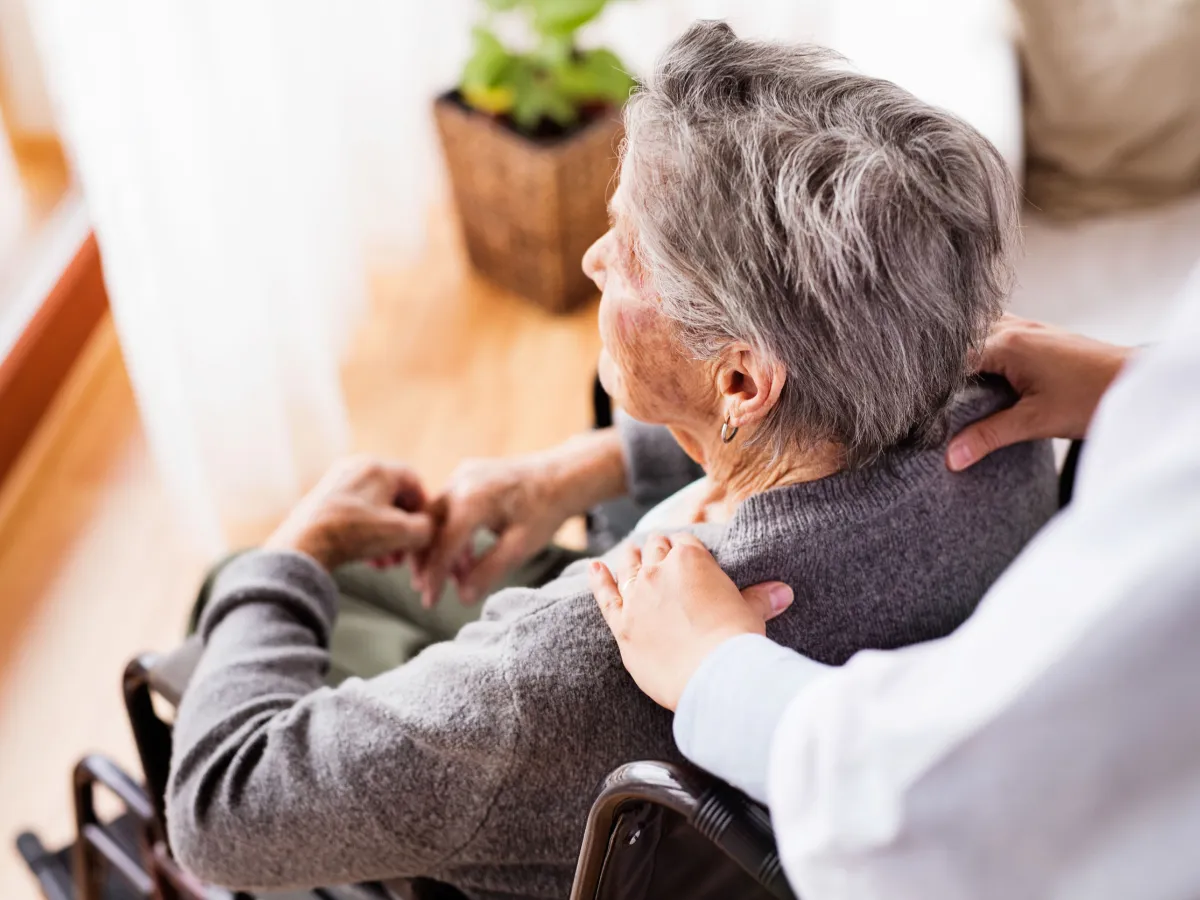
The role of attorneys and court appointed deputies during COVID-19
As a result of the coronavirus lockdown, a significant percentage of the elderly population in this country are in isolation, either in their own homes or in care homes. They may have appointed an attorney, under an Enduring or Lasting Power of Attorney, or a court may have appointed a deputy to act for them.
In the current climate, an attorney or deputy is likely not to be able to visit the protected person. This may either be because the protected person is in isolation, or that the attorney or deputy themself are in isolation or shielding because of Government guidelines.
Can an attorney or deputy temporarily give up this role?
Guidance for deputies and attorneys
The Office of the Public Guardian has recently provided guidance, advising deputies and attorneys in England and Wales that they cannot temporarily give up their role. This is even if they cannot visit the protected person during the coronavirus pandemic.
The guidance given by the Office of the Public Guardian states “if you are self-isolating or shielding, you must continue to make decisions. You cannot ask anyone else to make those decisions for you”.
The rules specify that attorneys and deputies cannot delegate their decisions to someone else. However, they can, once they have made the decision, request that somebody else should carry it out on their behalf.
The guidance confirms that attorneys do not have to step down just because they cannot visit the protected person at the present time. It is possible for them to permanently disclaim their role, and a Court appointed deputy can apply to the Court to permanently end their deputyship.
Roles and responsibilities of deputies and attorneys
The Office of the Public Guardian has made it clear that during the outbreak, the roles and responsibilities as a deputy or an attorney remain the same. They must follow Government guidance on social distancing, self-isolation and shielding.
If you have to make a decision, or want to talk to the person first, you should think about how urgent it is and whether it could be delayed. If it is urgent, you could use the phone, video call or have a care worker pass on the information. If you yourself are self-isolating or shielding, you are still required to continue to make decisions for the protected person. You are not able to ask anyone else to make those decisions for you. However, you can, once you have made a decision, ask someone else to carry it out for you.
Stepping down from the role
The Office of the Public Guardian have also stated that if you are an attorney, you can permanently step down (disclaim your role), or if you are a deputy, you can apply to the Court to permanently end your deputyship. However, you should think carefully before doing this, as it may leave the protected person without the support they need.
This is clearly a very trying time for both protected people and their attorneys and deputies. It is useful that the Office of the Public Guardian have provided this guidance, making it clear that attorneys and deputies must continue to act unless they disclaim their role, in the case of an attorney, or in the case of a deputy, apply to the Court of Protection to permanently end their deputyship.
If you require any further advice or assistance in relation to these issues, you should either speak to the Office of the Public Guardian or a specialist solicitor who deals with power or attorney or deputyship issues.

